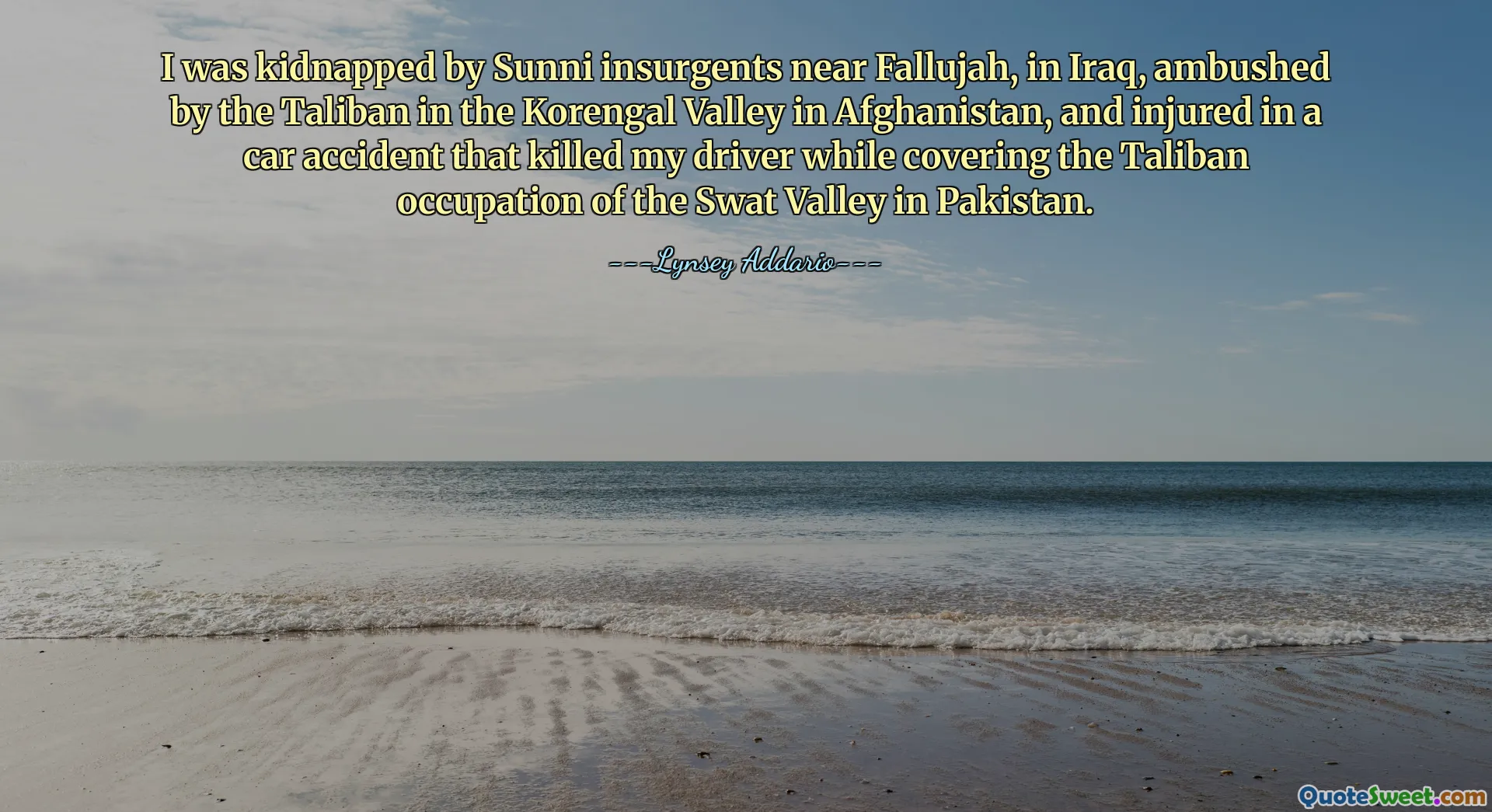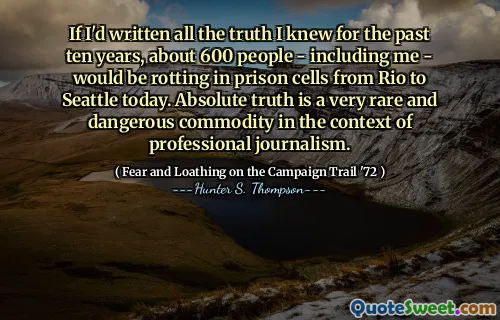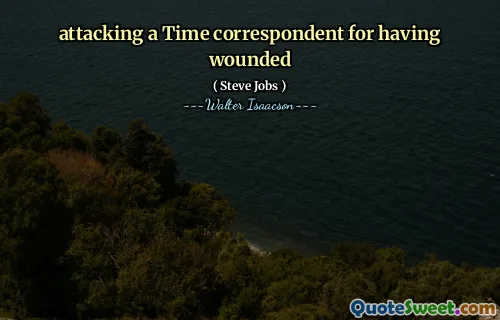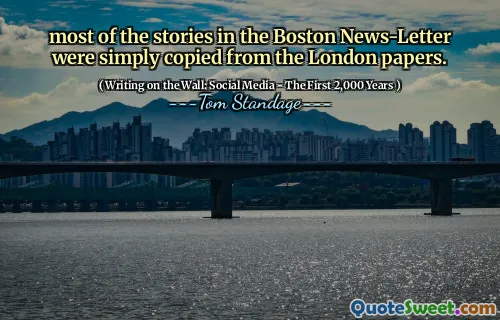
I was kidnapped by Sunni insurgents near Fallujah, in Iraq, ambushed by the Taliban in the Korengal Valley in Afghanistan, and injured in a car accident that killed my driver while covering the Taliban occupation of the Swat Valley in Pakistan.
This quote vividly illustrates the perilous and often unpredictable nature of war journalism. Each incident described reflects the extreme risks that photojournalists and reporters willingly undertake to bring stories from some of the world's most volatile regions. The mention of being kidnapped by Sunni insurgents near Fallujah underscores the dangers posed by insurgent groups operating in Iraq, where the line between reporting and personal safety can be dangerously thin. Similarly, the ambush by the Taliban in the Korengal Valley highlights the persistent threats in Afghanistan, especially in areas known for intense combat and insurgent activity. The injury sustained in a car accident that resulted in the death of the driver adds a poignant reminder that the hazards extend beyond the battlefield—traveling in conflict zones involves constant vulnerability to accidents, illnesses, or even targeted violence. Such experiences reveal the resilience, bravery, and often the solitude faced by those who document conflicts firsthand. They also emphasize the importance of journalism in providing truthful, on-the-ground perspectives that may otherwise remain obscured. Ultimately, this quote encapsulates the high-stakes environment in which war correspondents operate, demonstrating their commitment to portraying truth despite personal risks. Their sacrifices are vital to informing the world about the realities of war, conflict, and human suffering, fostering understanding and prompting global dialogue on peace and resolution.










